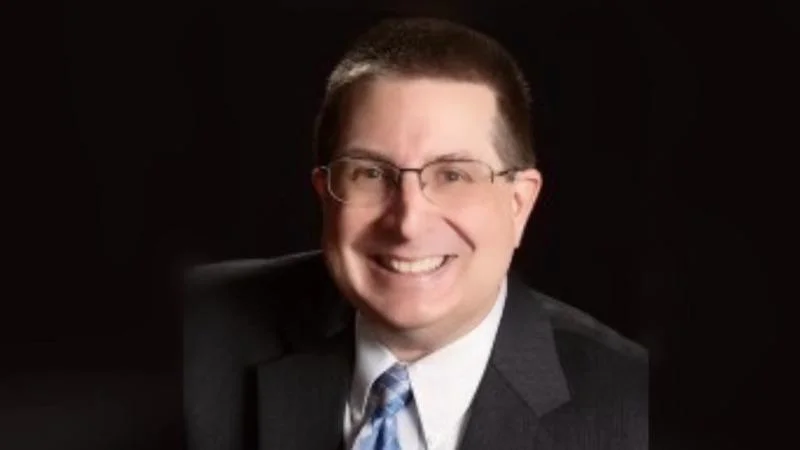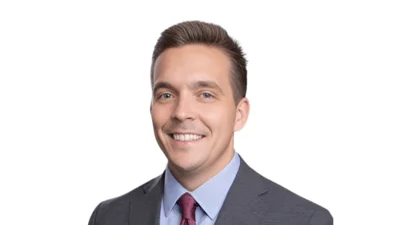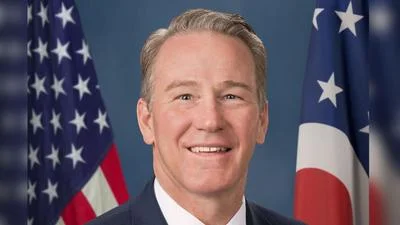Dean Rieck, Executive Director at Buckeye Firearms Association | LinkedIn
Dean Rieck, Executive Director at Buckeye Firearms Association | LinkedIn
Anti-hunting and animal agriculture activists in the United States are employing a new strategy by targeting major banks. They aim to influence these financial institutions to deny services to businesses they oppose, such as those involved in animal agriculture.
This shift comes after former President Donald Trump encouraged banks to move away from politically motivated lending practices that discriminated against certain industries, including firearms. Now, groups like Humane World for Animals are advocating for similar discrimination against animal agriculture businesses.
Humane World for Animals, which includes the Humane Society of the United States and Humane Society International, has outlined their vision on their website. They propose that banks should adopt policies that prioritize animal welfare and plant-based food systems. "It is therefore immensely important that considerations of animal welfare and a shift toward plant-forward food systems are integrated into core financing and investing strategies," stated Cristobel “Kitty” Block, CEO of Humane World.
Block criticized several major banks, including Citigroup and Bank of America, for not adopting policies aligned with her organization's goals. "Yet, referencing IFC standards is not the same as implementing them," she noted. Despite shareholder resolutions urging these banks to address risks related to poor animal welfare, both institutions opposed the proposals.
Citigroup recently announced it would no longer discriminate against members of the firearm industry, a move applauded by some but criticized by others like Block who see it as a missed opportunity for change.
The efforts by Humane World have not been fully embraced by banking institutions. Block emphasized the choice facing financial entities: "They can continue to fund systems that harm animals, people and the planet, or they can lead the transition to a more humane and sustainable future."
In addition to targeting banks, new groups like the Wilberforce Institute are emerging with similar agendas aimed at influencing policy in Washington D.C. These organizations seek to sway public opinion against hunting and promote gun control measures.
Meanwhile, legal challenges continue as groups like Nonhuman Rights Project pursue court cases asserting personhood rights for animals in zoos. Recent decisions have not favored these activists' arguments.
These developments highlight ongoing tensions between animal-rights advocates and industries related to hunting and agriculture. The debate over how best to balance economic interests with ethical considerations remains contentious.






 Alerts Sign-up
Alerts Sign-up